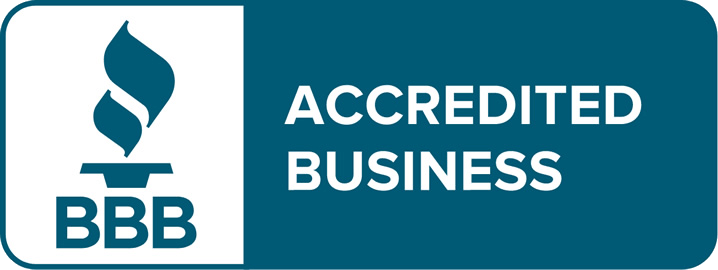IRS Allowable Expenses
IRS Allowable Expenses
There are many reasons why the IRS might review your financial information. But the most common is when you have personal tax liability. The IRS analyzes the information reflected in your completed Form 433A (Collection Information Statement for Wage Earners and Self Employed Individuals) to determine what you can afford to pay.
However, what it decides you can pay and what you can actually pay are sometimes at odds.
The two areas that the IRS is specifically interested in are:
- Equity in your assets
- Your disposable monthly income
Before you worry about what the IRS can take based on its findings, let’s explore how it determines what you should be able to pay in the first place.
HOW ARE ALLOWABLE EXPENSES CALCULATED?
Your disposable income, or allowable expenses, is calculated as the difference between your gross income and your monthly recurring expenses. It is the amount that the IRS determines you are supposed to be able to pay back monthly on an Installment Agreement.
Is it always fair? It would be, if the IRS would actually consider all of the expenses you really have. Instead, the IRS uses something called Collection Financial Standards to calculate your allowable living expenses.
HOW ARE THESE STANDARDS ESTABLISHED?
Collection Financial Standards are based on the data received from the Bureau of Labor Statistics Consumer Expenditure Survey, which gathers information from various households nationwide. The determined standards for food, clothing and miscellaneous items – including health care expenses – are identical across the country.
Allowable expenses for housing and utilities are specific to each county of residence, and vehicle-operating costs vary by state. Still, often times it is not even possible to reduce your expenses to the allowable amount.
In addition, some categories are not even included in this list and have to be summarized under Other Expenses, which the IRS is not required to consider.
WHAT CAN YOU DO?
The amount that the IRS believes you can pay on a monthly basis might not be the same as the amount you can actually afford.
This is where it becomes important to talk to a tax specialist. Professional tax experts, also known as Enrolled Agents, understand all of the current rules and regulations of tax law and can help you get a fair resolution.
You’ve made the right first step by coming to 20/20 Tax Resolution. You can talk to a tax expert to get more information at any step along the way to your resolution.
Don’t wait another day. You deserve to live a life free of tax debt.


